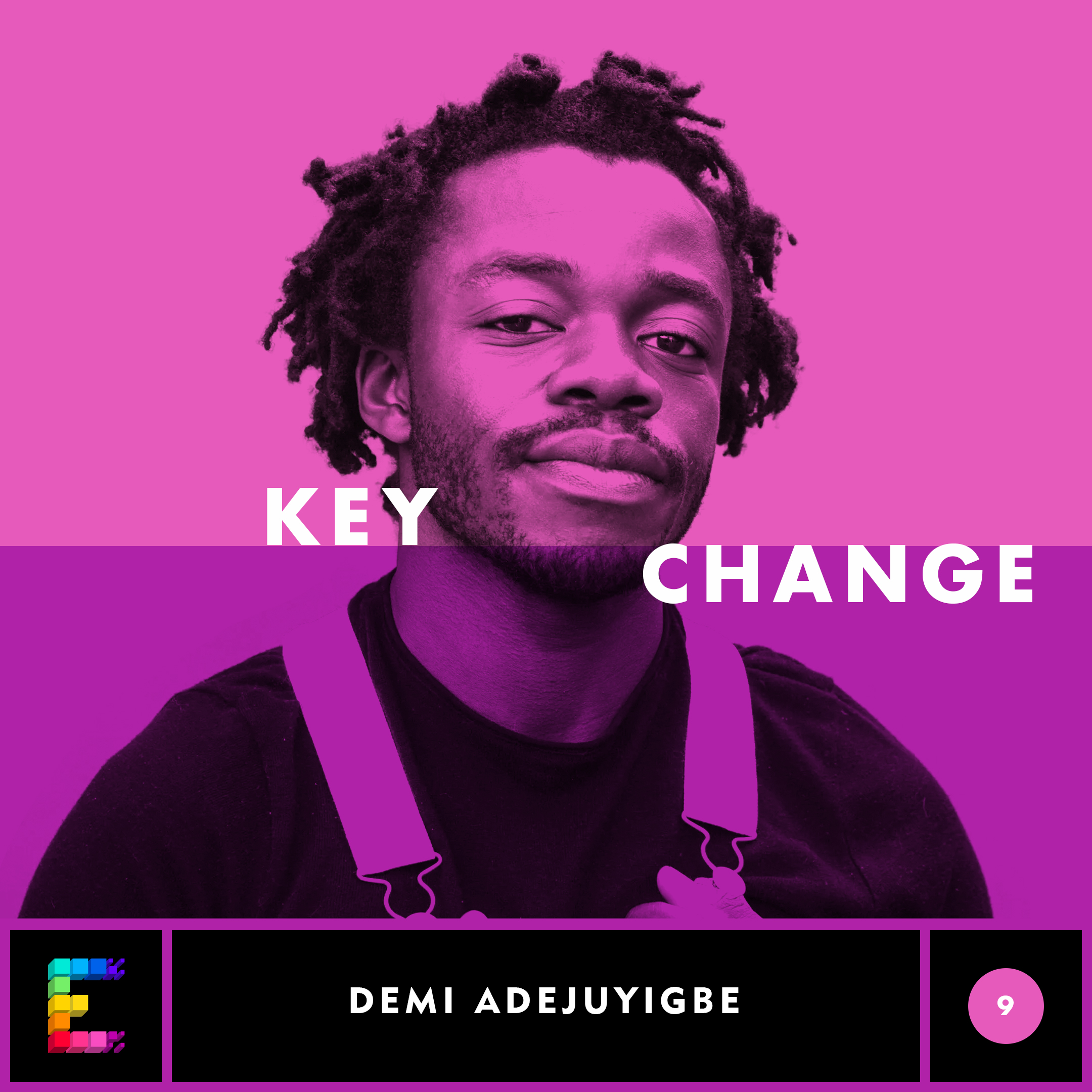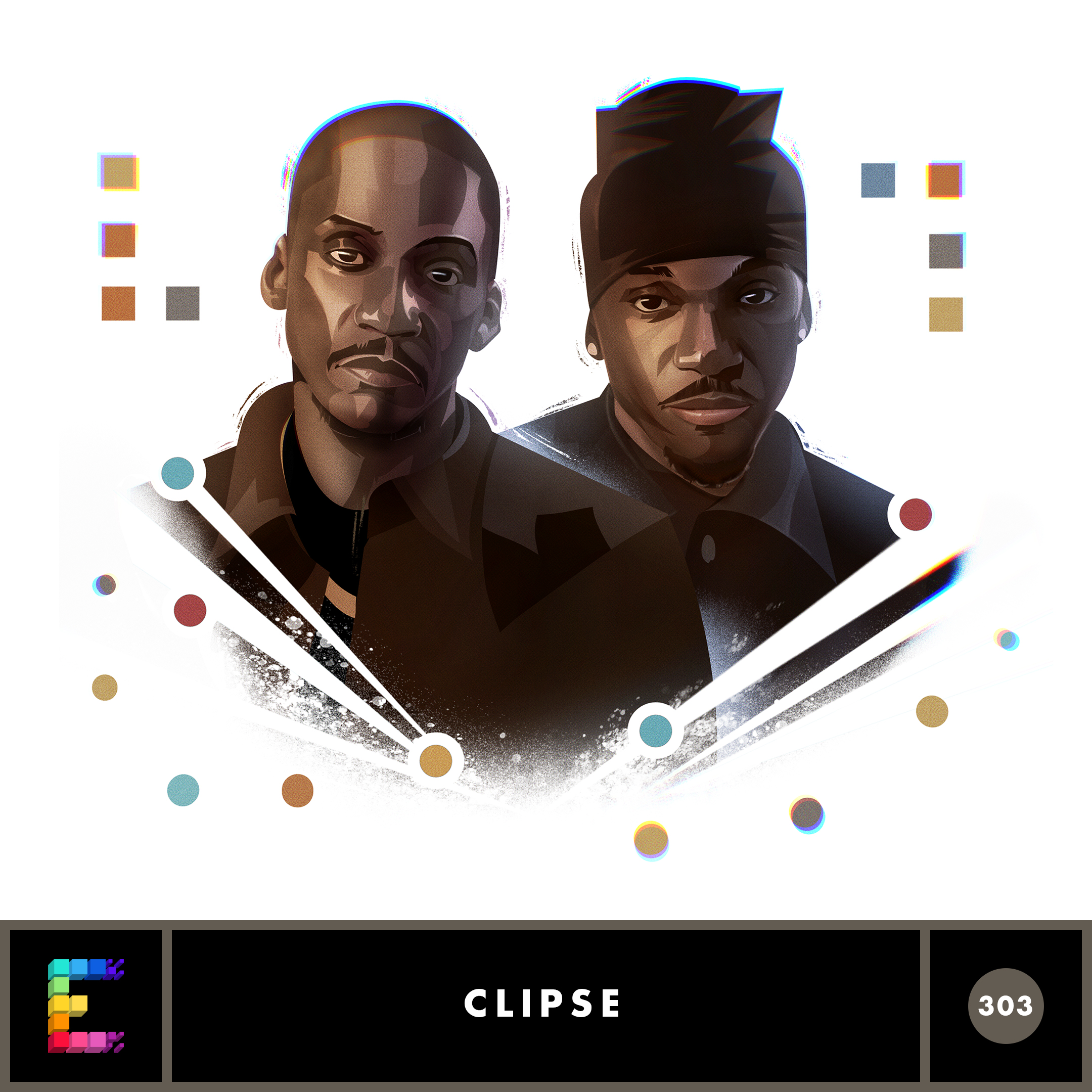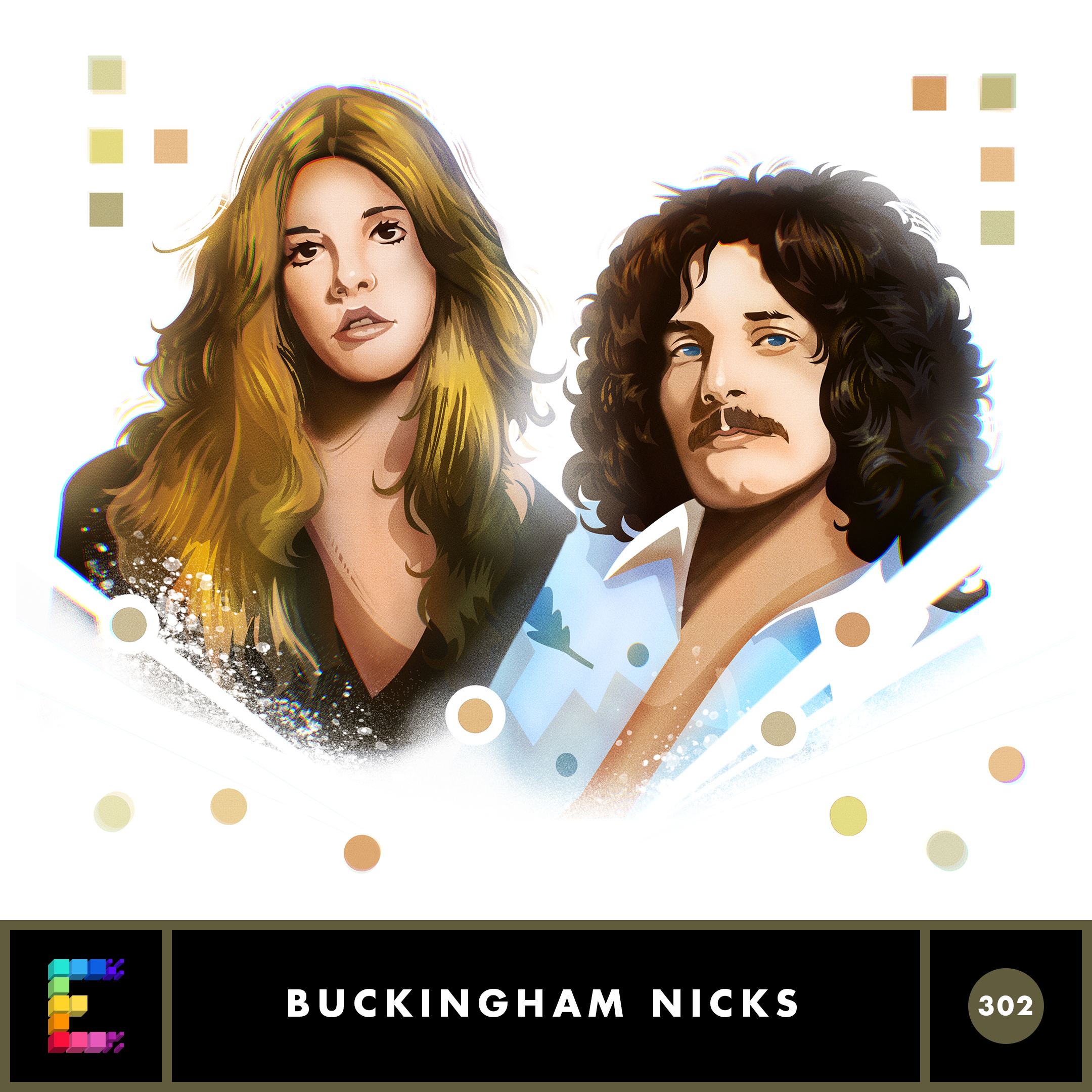Le Tigre - Deceptacon
Le Tigre originally formed in 1998. They released their self-titled debut album in October 1999. Spin Magazine called it one of the best albums of the past 30 years, and Pitchfork called it one of the best albums of the 90s. I listened to that album a lot when it came out, and 25 years later, I still hear songs from it everywhere, on TV and in movies, and just out in the world – especially the song “Deceptacon.” For this episode, I talked to Kathleen Hanna and Johanna Fateman from Le Tigre about how they wrote it, and how they put the track together.
For more, visit songexploder.net/le-tigre.
Press play and read along
Transcript
Transcript is processing—check back soon.
Song Exploder — Le Tigre - Deceptacon





